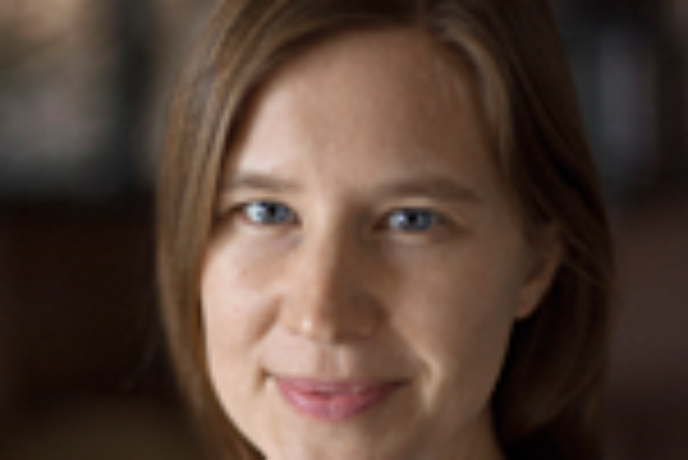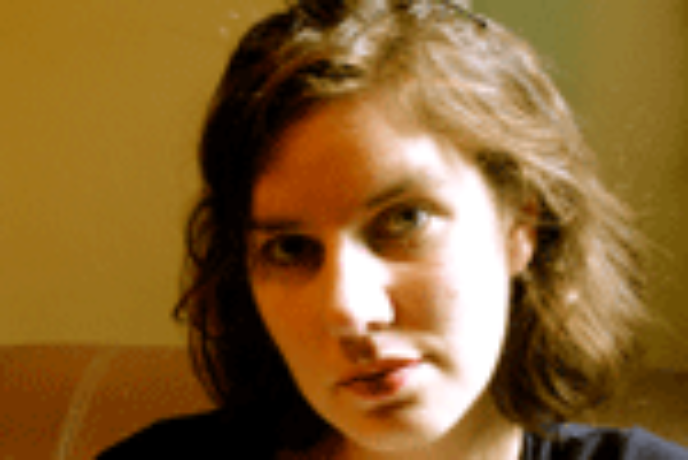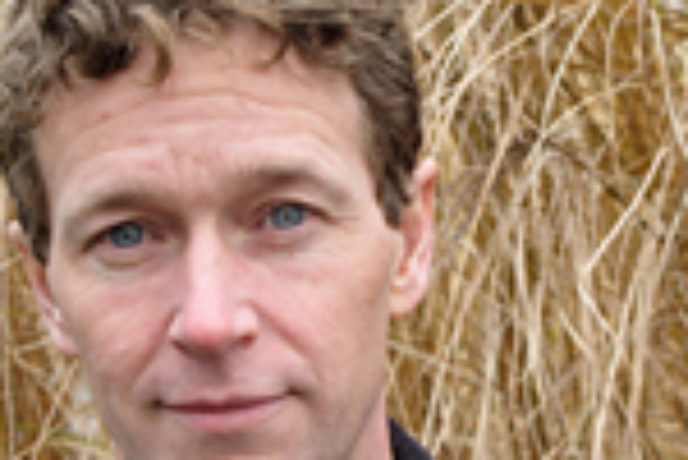Sign in to access Harper’s Magazine
We've recently updated our website to make signing in easier and more secure
Sign in to Harper's
Hi there.
You have
1
free
article
this month.
Connect to your subscription or subscribe for full access
You've reached your free article limit for this
month.
Connect to your subscription or subscribe for full access
Thanks for being a subscriber!
Get Access to Print and Digital for
$23.99 per year.
Subscribe for Full Access
Subscribe for Full Access







